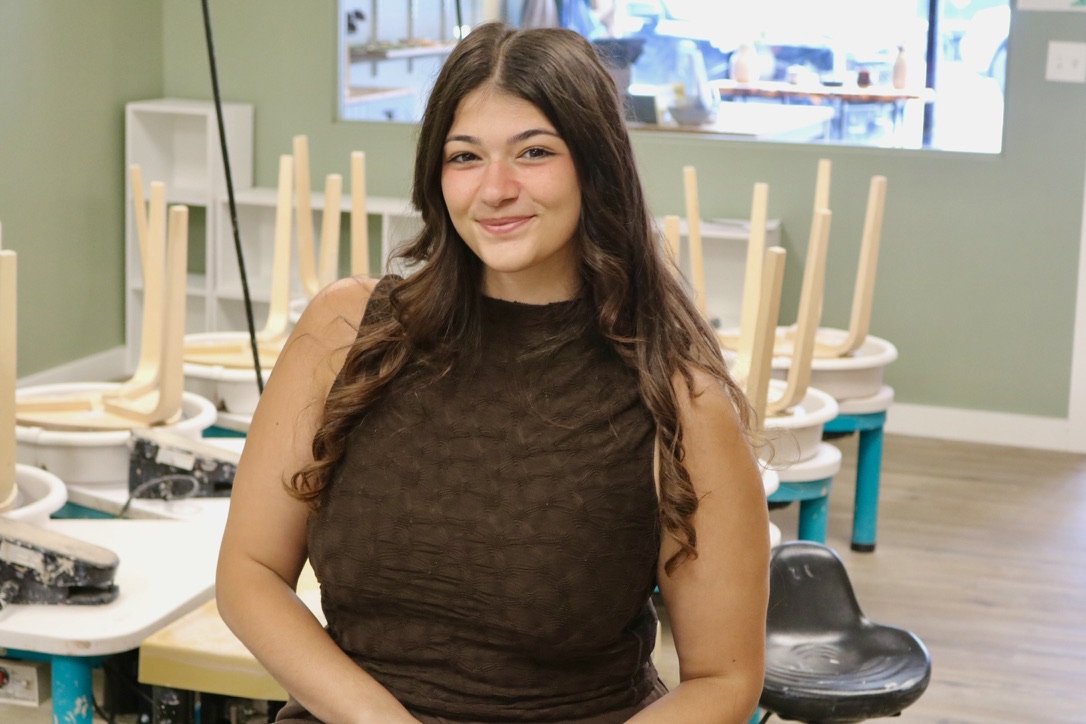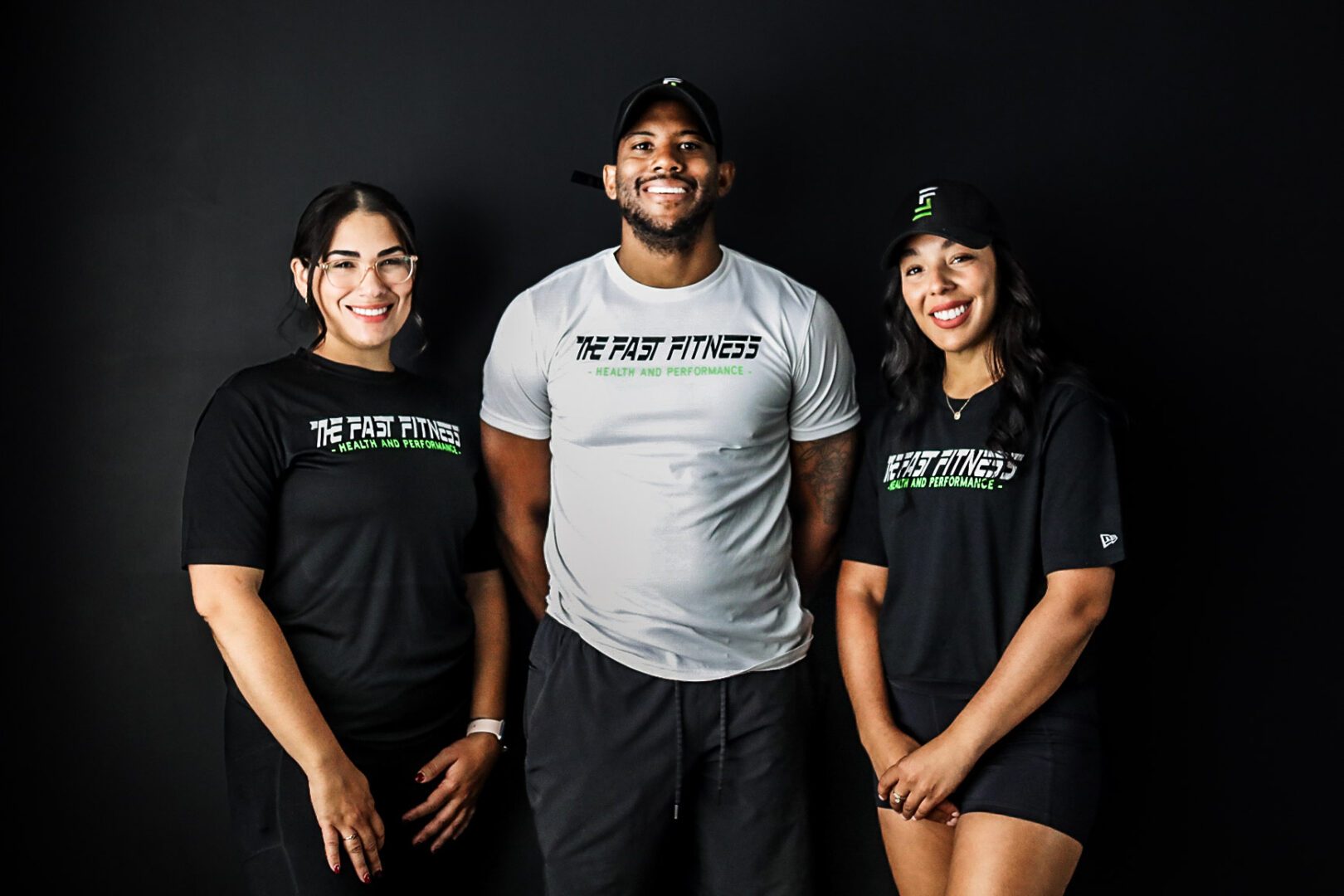We recently connected with Dr. Ashley Tolleson and have shared our conversation below.
Dr. Ashley, thrilled to have you on the platform as I think our readers can really benefit from your insights and experiences. In particular, we’d love to hear about how you think about burnout, avoiding or overcoming burnout, etc.
To avoid and overcome burnout, I had to rethink my approach to my career and my well-being. I can still hear my graduate school professors reminding us, “You can’t be in this field for the money.” At the time, I agreed wholeheartedly, feeling proud of my selfless commitment to becoming a therapist. However, it wasn’t until much later that I realized self-sacrifice wasn’t the path to a sustainable or fulfilling career. By the time I finished my Ph.D. program, despite the accolades and accomplishments I had earned, I found myself deeply burned out.
That’s when I made the decision to start my own practice, with the intention of building a career that allowed me to prioritize my own well-being while still helping others in meaningful ways. Choosing to leave academia and open my private practice was a difficult decision, but one I’m incredibly grateful for. Since then, I’ve built a career that lets me wear many hats on my terms—seeing clients, training future counselors, leading workshops, engaging in community outreach, and volunteering for causes I care about. This balance has been key to creating a fulfilling and sustainable life for myself.
A central goal of founding the Tolleson Counseling Center was to empower girls and women—both clients and counselors—to live authentically and make choices aligned with their values. Society often pushes women towards people-pleasing, teaching us to put others first, and unfortunately, this same mindset can creep into the counseling profession. Therapists are often expected to manage heavy caseloads for little compensation, which leads to high burnout and turnover. It’s no surprise that we’re facing a shortage of mental health professionals nationwide, with Georgia ranking among the top ten states with the fewest mental health providers per capita.
My hope is to create support systems for female therapists that allow them to thrive in their careers without sacrificing their own well-being. I feel a strong sense of purpose in helping to pave the way for the next generation of counselors, ensuring they can provide high-quality care while also taking care of themselves. In the end, I believe this will not only improve the lives of therapists but also have a lasting, positive impact on the clients we serve.
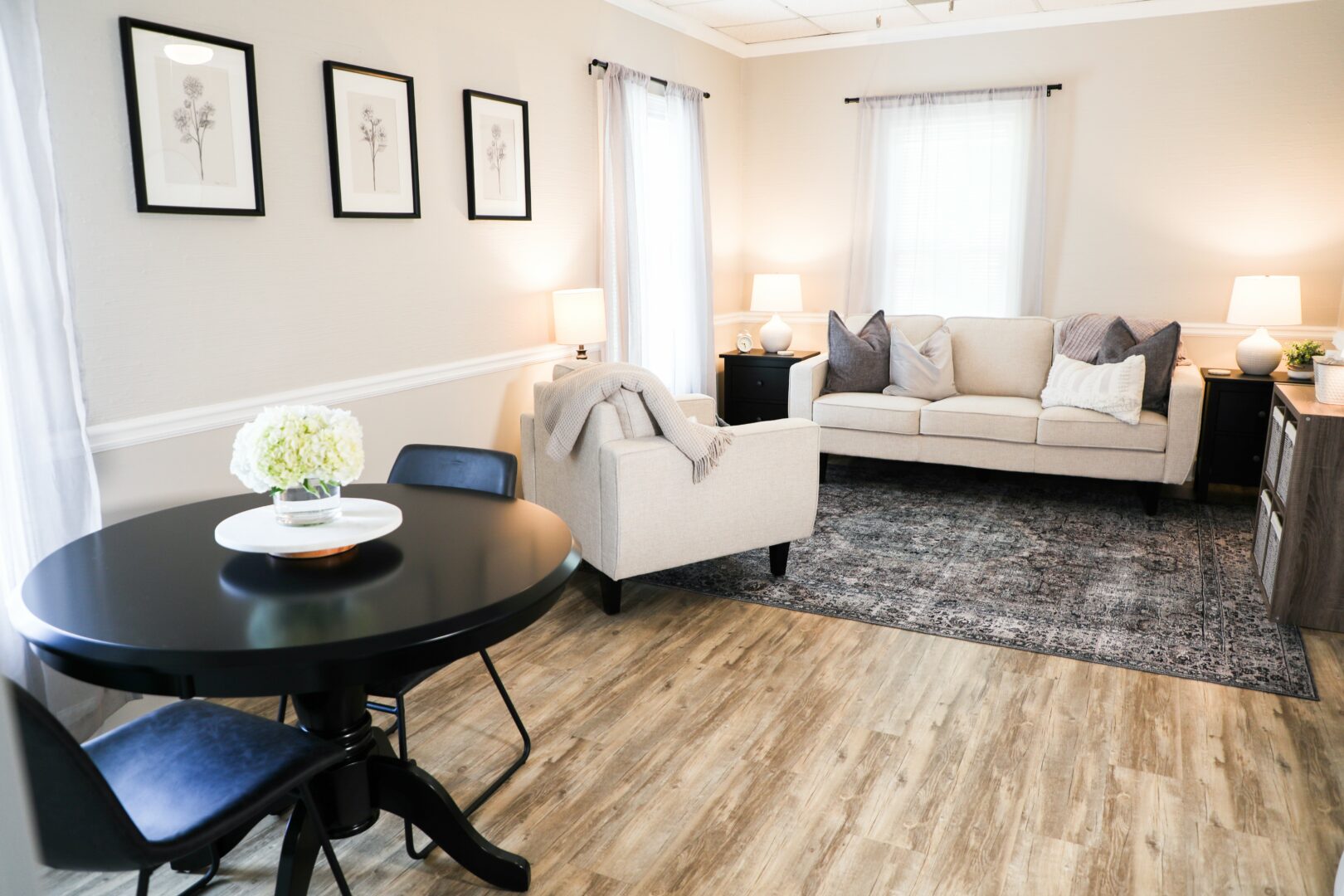
Thanks for sharing that. So, before we get any further into our conversation, can you tell our readers a bit about yourself and what you’re working on?
The Tolleson Counseling Center is a private practice in Marietta, GA, dedicated to providing compassionate mental health care for children, teens, and adults who are facing challenges such as anxiety, stress, perfectionism, trauma, and issues related to neurodiversity, like ADHD and Autism. Our mission is to foster a safe and welcoming environment where clients feel truly seen, heard, and empowered to express themselves. We are deeply committed to respecting the unique identities and backgrounds of each person who walks through our doors, and we approach therapy with authenticity, empathy, and care. At the core of our work is building meaningful relationships with our clients, collaborating with them to address their goals and create lasting change in their lives.
While we support clients with a wide range of concerns, we have a particular passion for working with “High-Achievers” and “Big Feelers.” Our high-achieving clients often find themselves grappling with stress, anxiety, and burnout, whether in their professional lives, academics, or athletics. Many are young adults or adult women seeking to challenge perfectionism, set healthy boundaries, and develop coping strategies that align with their personal growth. On the other hand, our big feelers—often neurodiverse children or teens—may struggle with intense emotional responses that feel overwhelming. For these clients, we use creative, strengths-based approaches such as Play Therapy, Art Therapy, and Adventure-Based Therapy, all designed to help them gain the emotional awareness and skills they need to thrive.
At TCC, we value client retention and strong connections with our community. In a field where trust and word-of-mouth referrals play a vital role, we take pride in the reputation we’ve built through quality care and positive relationships. When clients feel supported and valued, they tend to stay with us and refer others. My vision is for TCC to continue being known for our exceptional services, where we not only help our clients in the therapy room but also engage with and advocate for our community.
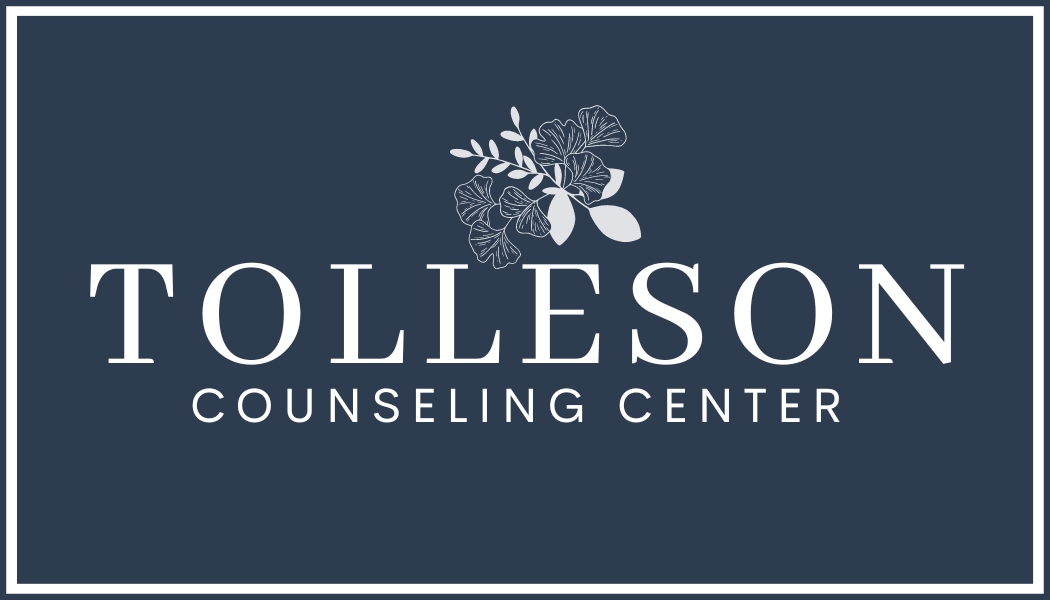
There is so much advice out there about all the different skills and qualities folks need to develop in order to succeed in today’s highly competitive environment and often it can feel overwhelming. So, if we had to break it down to just the three that matter most, which three skills or qualities would you focus on?
One of my favorite quotes is called “The Man in the Arena” by Teddy Roosevelt. I find it to be an inspiring reminder of what failing can teach you, especially if you dare to keep trying. As a therapist who supports perfectionistic, high-achieving girls and women, I often reference this quote when talking with clients or counselors-in-training about what I believe are the most important qualities or skills for growth: (1) having the courage to be imperfect, (2) trusting yourself and your abilities, and (3) creating healthy boundaries.
As a recovering perfectionist myself, I can look back on graduate school and my early career and see how I often only chose to do things I knew I could succeed in. Owning my own business has allowed me to become more comfortable with taking risks, for I’ve found it is in those vulnerable leaps of faith that wonderful things can happen. Now I lean into the discomfort of acknowledging both my strengths and weaknesses, which allows me to ask for help from colleagues when I need business advice or entertain dreams and ideas of where my business could go over the years. I’ve also shifted my perspective on the concept of work-life balance from a destination to a practice in boundary-setting. Our priorities, wants, needs, and values, tend to change over time, thus our definition of what a balanced life looks like changes as well. Boundaries can be the lines we draw in the sand that help protect what’s important to us and hold ourselves accountable for following through on the commitments we’ve made to ourselves.
I understand first-hand how tough it is to “stay in the arena” when you’re unsure how things will work out, so I know it’s a tall order to ask my clients and supervisees to do the same. But as Roosevelt says, we may seek “the triumph of high achievement,” but the “credit belongs to the [person] who is actually in the arena… [and] at least fails while daring greatly.”
“It is not the critic who counts; not the man who points out how the strong man stumbles, or where the doer of deeds could have done them better. The credit belongs to the man who is actually in the arena, whose face is marred by dust and sweat and blood; who strives valiantly; who errs, who comes short again and again, because there is no effort without error and shortcoming; but who does actually strive to do the deeds; who knows great enthusiasms, the great devotions; who spends himself in a worthy cause; who at the best knows in the end the triumph of high achievement, and who at the worst, if he fails, at least fails while daring greatly, so that his place shall never be with those cold and timid souls who neither know victory nor defeat.”
― Theodore Roosevelt
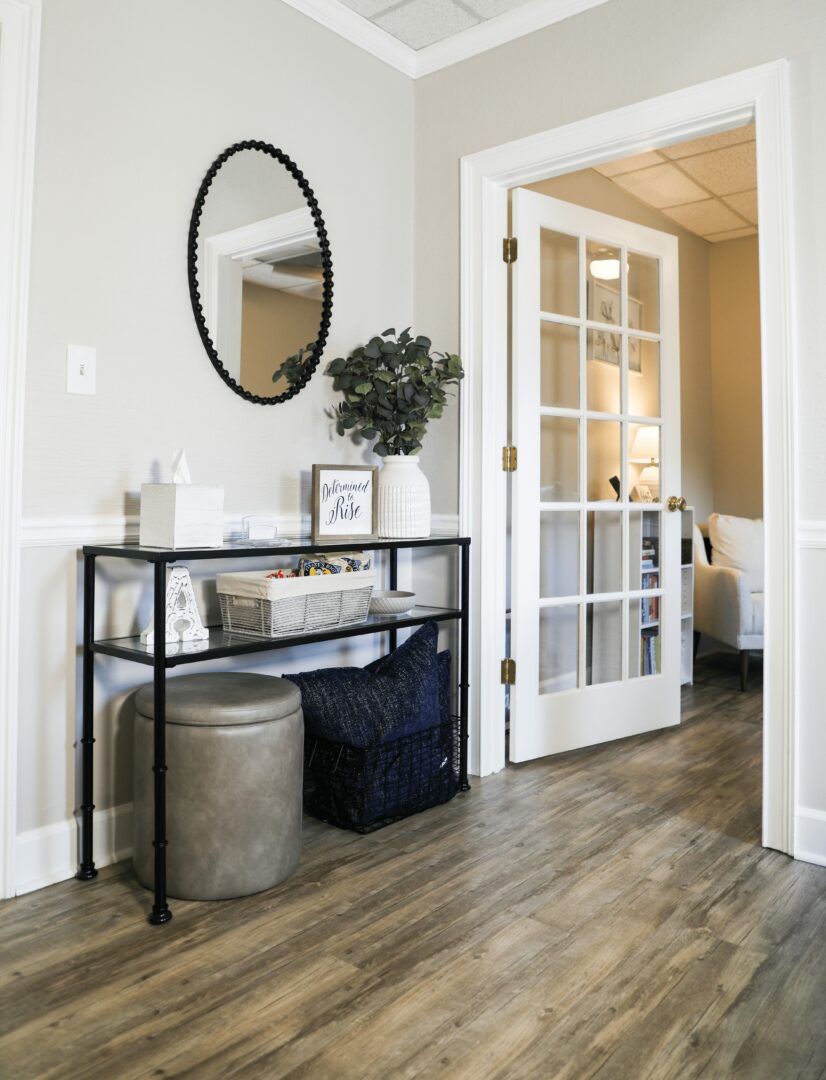
As we end our chat, is there a book you can leave people with that’s been meaningful to you and your development?
One book that has played a significant role in my personal and professional development is “Set Boundaries, Find Peace” by Nedra Glover Tawwab. It resonated with me deeply because it highlights the importance of boundaries, not just as a tool for self-care, but as an essential component of healthy relationships. One of the key takeaways from the book is that boundaries are not walls, but guidelines that allow us to maintain our own well-being while still being present for others. I found this particularly impactful because it shifted my perspective on setting limits with people. Rather than feeling guilty or fearing it would damage relationships, I now see that boundaries foster mutual respect and help relationships thrive in a healthier way.
Another valuable insight was the idea that boundaries are most effective when they are communicated clearly and consistently. I often remind myself, and even my clients, that we can’t expect others to know our limits if we haven’t expressed them. This simple but powerful concept has helped me advocate for my needs more confidently, both in my personal life and in my work with clients.
Lastly, the book emphasizes that boundaries aren’t just about saying “no” but about creating space for the things that truly matter. This has been a huge takeaway for me, helping me prioritize what’s important and creating a more balanced, fulfilling life.
Overall, Set Boundaries, Find Peace taught me that boundaries are an essential part of living authentically, and it’s a message I carry with me every day, both personally and in my counseling practice.
Contact Info:
- Website: https://www.tollesoncc.com/
- Instagram: @TollesonCounseling @DrAshleyTolleson
- Linkedin: ttps://www.linkedin.com/company/tolleson-counseling-center/
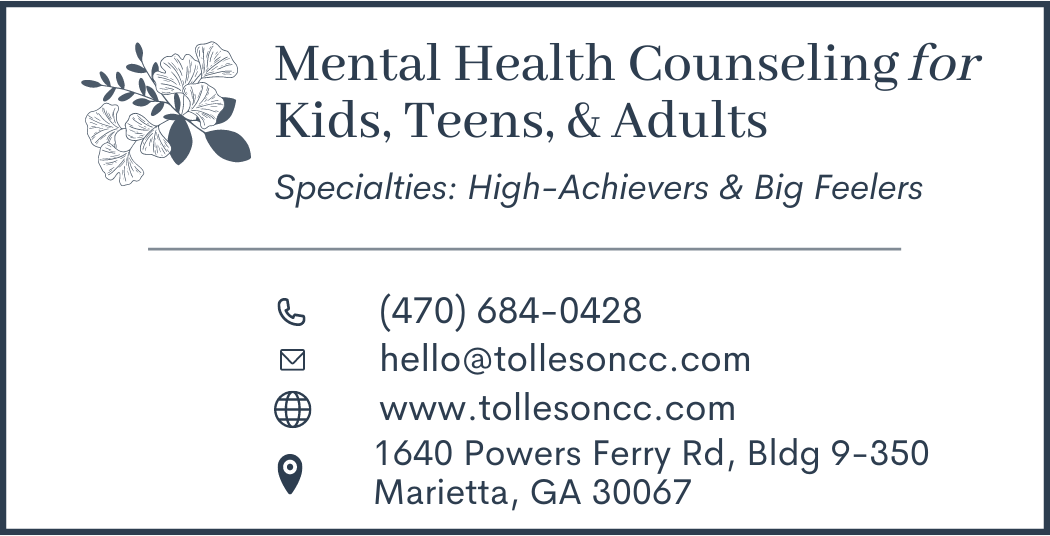
Image Credits
Lovely House Media
so if you or someone you know deserves recognition please let us know here.



